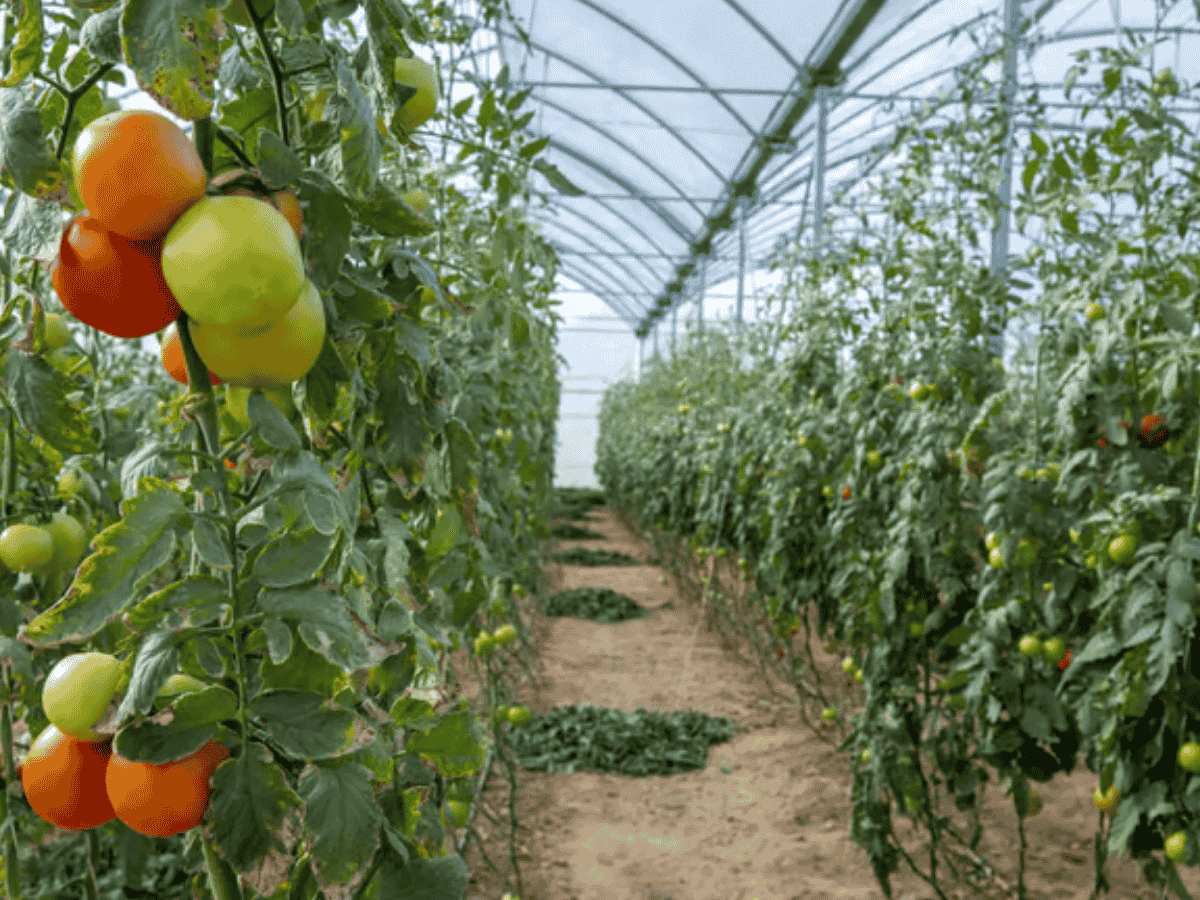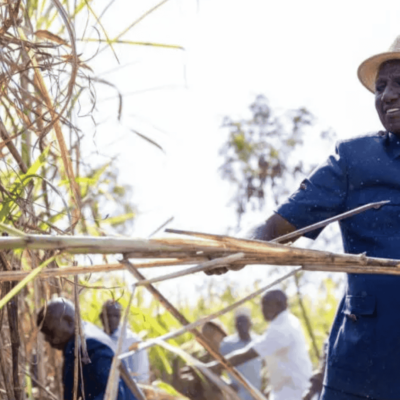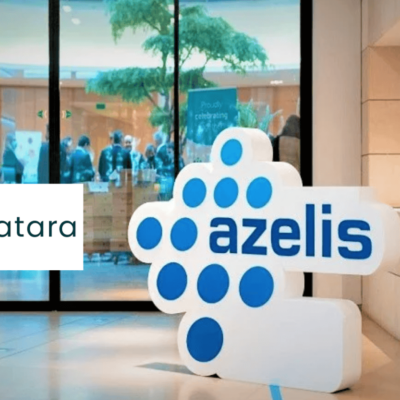UAE – SABIC, a global leader in the chemical industry, has collaborated with iyris (formerly RedSea), a sustainable AgriClimate Tech company, and Napco National, a leading Saudi manufacturer of flexible film and packaging, to develop an innovative greenhouse roofing solution using certified circular polyethylene from SABIC’s TRUCIRCLE portfolio.
This advanced roofing material is a key component of the National Food Production Initiative (NFPI), a collaborative effort involving public and private sector entities in Saudi Arabia aimed at enhancing the sustainability of agriculture and bolstering food security in the region.
“This initiative highlights how SABIC is collaborating with local entities to drive plastic circularity, demonstrating the power of collective efforts to benefit the agriculture industry in the Kingdom and potentially beyond,” Khaled Al-Jalawi, Global Circular Economy Director at SABIC, emphasized the significance of the collaboration.
The project employs SABIC’s linear low-density polyethylene (LLDPE) resin, created from certified circular feedstock derived from post-consumer plastic waste.
Through advanced recycling processes, mixed-use plastics are transformed into pyrolysis oil, which serves as the raw material for producing high-purity polymer resins at SABIC’s Jubail plant.
The resulting LLDPE is used by Napco National to manufacture durable greenhouse roofing films.
This film, with a thickness of 200 µm, offers high tensile strength, elongation properties, UV stability, and thermal efficiency.
Incorporating iyris’s SecondSky technology, the film blocks near-infrared heat while maintaining the transmission of photosynthetically active radiation (PAR), essential for plant growth.
“This collaboration stands as a testament to Napco National’s commitment to sustainable development and innovation. Together, we are shaping a success story that paves the way for a greener future and a more sustainable agricultural industry in Saudi Arabia,” Chadi Radi, Senior Director for Business Development at Napco National, underscored the project’s impact.
Impact of the Al-Bada facility
As a cornerstone of the NFPI, a 0.75-hectare greenhouse prototype was established on previously fallow land in Al-Bada, KSA.
The facility, equipped with a majlis (meeting center), has already delivered its first harvests to Red Sea Global resorts. This model facility demonstrates the potential for improved crop yields, reduced water and energy consumption, and cost savings in fertigation.
Scalable vision for Saudi agriculture
The NFPI’s success is attributed to the extensive collaboration of various Saudi entities, including Red Sea Global, Tamala (a local farmers’ cooperative), King Abdullah University of Science & Technology (KAUST), Terraxy (a soil regeneration specialist), and the University of Tabuk.
“With this project, we have embarked on a mission to transform the Kingdom’s potential to sustainably improve its food security and secure the future of local food production,” John Keppler, Executive Chairperson of iyris, highlighted the broader implications of the initiative.
“The integration of our SecondSky technologies with SABIC’s TRUCIRCLE materials shows how the continued efforts of Saudi companies can transform the agriculture industry and benefit farmers.”






